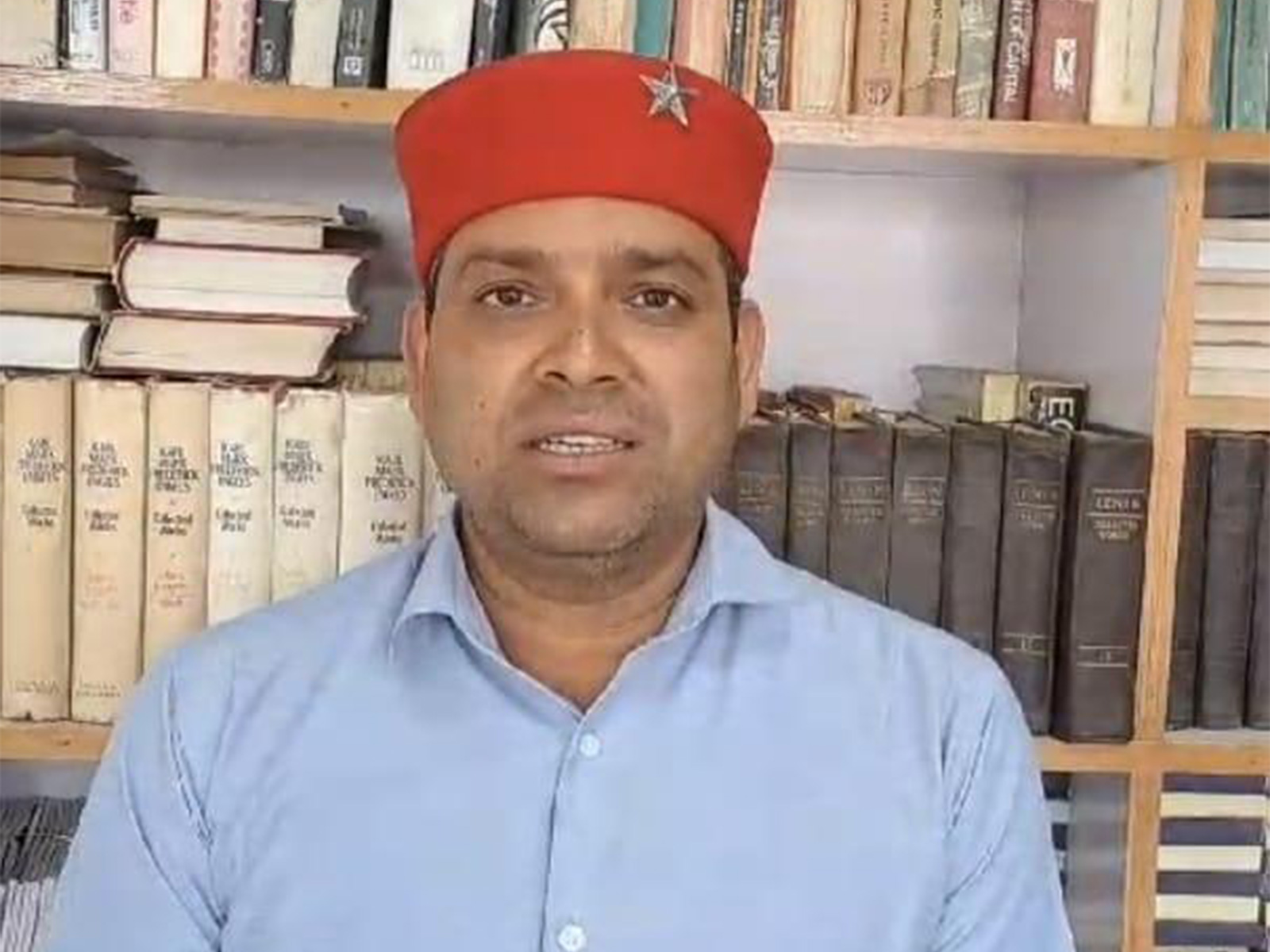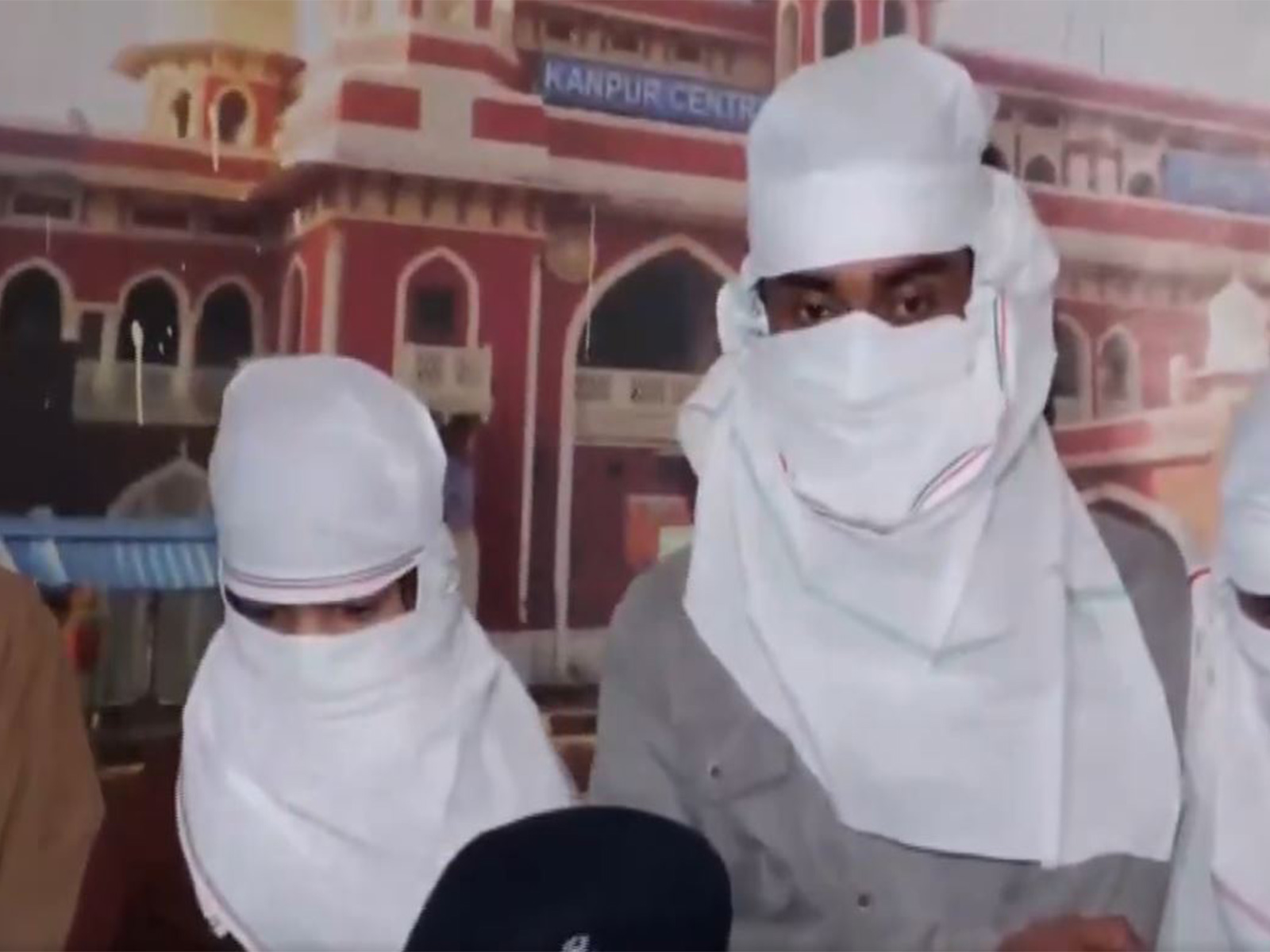Washington [US], September 22 (ANI): Researchers at Vanderbilt University Medical Centre have found that fever temperatures increase immune cell metabolism, proliferation, and activity, but they also promote mitochondrial stress, DNA damage, and cell death in a specific subgroup of T cells.
The findings, published on September 20 in the journal Science Immunology, provide a mechanistic explanation of how cells respond to heat and may explain how chronic inflammation contributes to the development of cancer.
The impact of fever temperatures on cells is a relatively understudied area, said Jeff Rathmell, PhD, Cornelius Vanderbilt Professor of Immunobiology and corresponding author of the new study. Most of the existing temperature-related research relates to agriculture and how extreme temperatures impact crops and livestock, he noted. It’s challenging to change the temperature of animal models without causing stress, and cells in the laboratory are generally cultured in incubators that are set at human body temperature: 37 degrees Celsius (98.6 degrees Fahrenheit).
“Standard body temperature is not actually the temperature for most inflammatory processes, but few have really gone to the trouble to see what happens when you change the temperature,” said Rathmell, who also directs the Vanderbilt Center for Immunobiology.
Graduate student Darren Heintzman was interested in the impact of fevers for personal reasons: Before he joined the Rathmell lab, his father developed an autoimmune disease and had a constant fever for months on end.
“I started thinking about what an increased set point temperature like that might do. It was intriguing,” Heintzman said.
Heintzman cultured immune system T cells at 39 degrees Celsius (about 102 degrees Fahrenheit). He found that heat increased helper T cell metabolism, proliferation and inflammatory effector activity and decreased regulatory T cell suppressive capacity.
“If you think about a normal response to infection, it makes a lot of sense: You want effector (helper) T cells to be better at responding to the pathogen, and you want suppressor (regulatory) T cells to not suppress the immune response,” Heintzman said.
But the researchers also made an unexpected discovery — that a certain subset of helper T cells, called Th1 cells, developed mitochondrial stress and DNA damage, and some of them died. The finding was confusing, the researchers said, because Th1 cells are involved in settings where there is often fever, like viral infections. Why would the cells that are needed to fight the infection die?
The researchers discovered that only a portion of the Th1 cells die, and that the rest undergo an adaptation, change their mitochondria, and become more resistant to stress.
“There’s a wave of stress, and some of the cells die, but the ones that adapt and survive are better — they proliferate more and make more cytokine (immune signaling molecules),” Rathmell said.
Heintzman was able to define the molecular events of the cell response to fever temperatures. He found that heat rapidly impaired electron transport chain complex 1 (ETC1), a mitochondrial protein complex that generates energy. ETC1 impairment set off signaling mechanisms that led to DNA damage and activation of the tumor suppressor protein p53, which aids DNA repair or triggers cell death to maintain genome integrity. Th1 cells were more sensitive to impaired ETC1 than other T cell subtypes.
The researchers found Th1 cells with similar changes in sequencing databases for samples from patients with Crohn’s disease and rheumatoid arthritis, adding support to the molecular signaling pathway they defined.
“We think this response is a fundamental way that cells can sense heat and respond to stress,” Rathmell said. “Temperature varies across tissues and changes all the time, and we don’t really know what it does. If temperature changes shift the way cells are forced to do metabolism because of ETC1, that’s going to have a big impact. This is fundamental textbook kind of stuff.”
The findings suggest that heat can be mutagenic — when cells that respond with mitochondrial stress don’t properly repair the DNA damage or die.
“Chronic inflammation with sustained periods of elevated tissue temperatures could explain how some cells become tumorigenic,” Heintzman said, noting that up to 25% of cancers are linked to chronic inflammation.
“People ask me, ‘Is fever good or bad?'” Rathmell added. “The short answer is: A little bit of fever is good, but a lot of fever is bad. We already knew that, but now we have a mechanism for why it’s bad.” (ANI)
Disclaimer: This story is auto-generated from a syndicated feed of ANI; only the image & headline may have been reworked by News Services Division of World News Network Inc Ltd and Palghar News and Pune News and World News
HINDI, MARATHI, GUJARATI, TAMIL, TELUGU, BENGALI, KANNADA, ORIYA, PUNJABI, URDU, MALAYALAM
For more details and packages
















